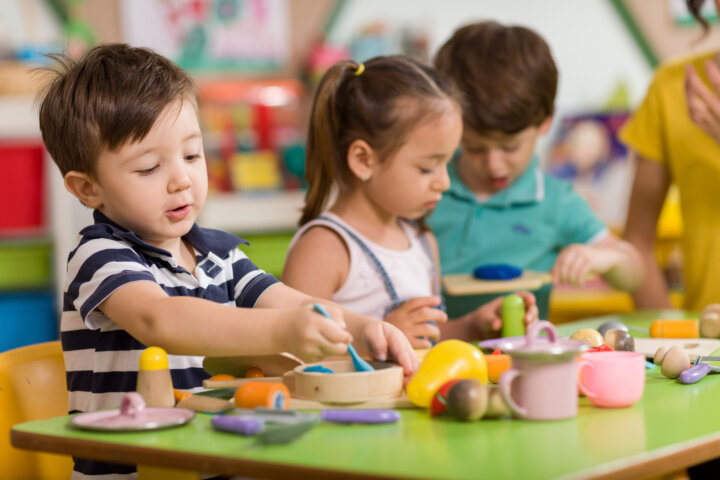Psychosocial Vulnerability Underlying Unhealthy Behaviours in Swedish Adolescents
Ulrica Paulsson Do har undersökt samband mellan ungdomars hälsorelaterade beteenden och psykosociala och sociodemografiska faktorer för att identifiera sårbarhetsfaktorer för ohälsosamma levnadsvanor.
Ulrica Paulsson Do
Ragnar Westerling, Uppsala universitet Brigitta Edlund, Uppsala universitet Christina Stenhammar, Uppsala universitet
Professor Urban Janlert, Umeå universitet
Uppsala universitet
2018-05-28
Psychosocial Vulnerability Underlying Unhealthy Behaviours in Swedish Adolescents
Institutionen för folkhälso- och vårdvetenskap
Psychosocial Vulnerability Underlying Unhealthy Behaviours in Swedish Adolescents
The overall aim was to examine the relationship between Swedish school adolescents´ health-related behaviours and psychosocial and socio-demographic factors, with the purpose of identifying vulnerability factors for unhealthy behaviours and exploring adolescents’ own experiences and thoughts about this.
Three studies were quantitative cross-sectional studies and used data from two different questionnaires. The fourth study was a qualitative study based on focus group interviews. The sample in study I consisted of 13–18-year-old adolescents (n= 10,590) and 15–16-year-old adolescents in studies II (n=492), III (n=492) and IV (n=36). The quantitative data were analysed using a number of different statistical methods. Foremost, structural equation modelling was used in studies I and II and Poisson regression analysis in study III. Study IV used qualitative content analysis by Graneheim and Lundman.
The results indicated that nearly 60 per cent of 15–16-year-old adolescents have at least two unhealthy behaviours. Interrelated psychosocial and socio-demographic factors constituted vulnerability for unhealthy behaviours in general in adolescents. Good psychosocial relationships were strongly related with high well-being, whereas poor social relationships and low well-being were associated with unhealthy behaviours in general. Low socio-economic group was associated with unhealthy behaviours in general but the strength of this association varied between the adolescent age groups. Encouragement from parents to adopt healthy behaviours was associated with less unhealthy behaviours. Having adolescents who cared about what their parents said regarding health-related behaviours was also associated with a lower number of unhealthy behaviours. The school and family were important social environments for adolescents´ health-related behaviours. Similarly, friends and social media were important social contexts. Fellowship, and close social relationships, in particular, was important to healthy behaviours. Fellowship with others was also stated to influence high well-being. The experience of feeling pressure was stated to be associated with low well-being and unhealthy behaviours in adolescents.
The thesis brings new knowledge to the field of psycho-social and socio-demographic factors associated with unhealthy behaviours in Swedish adolescents. Findings may be useful in supporting adolescents to reach positive health-related behaviours.
Relaterade länkar

Svenska som andraspråk
 Åk F–Vux
Åk F–Vux
När leken inte fungerar
 Fsk
Fsk


